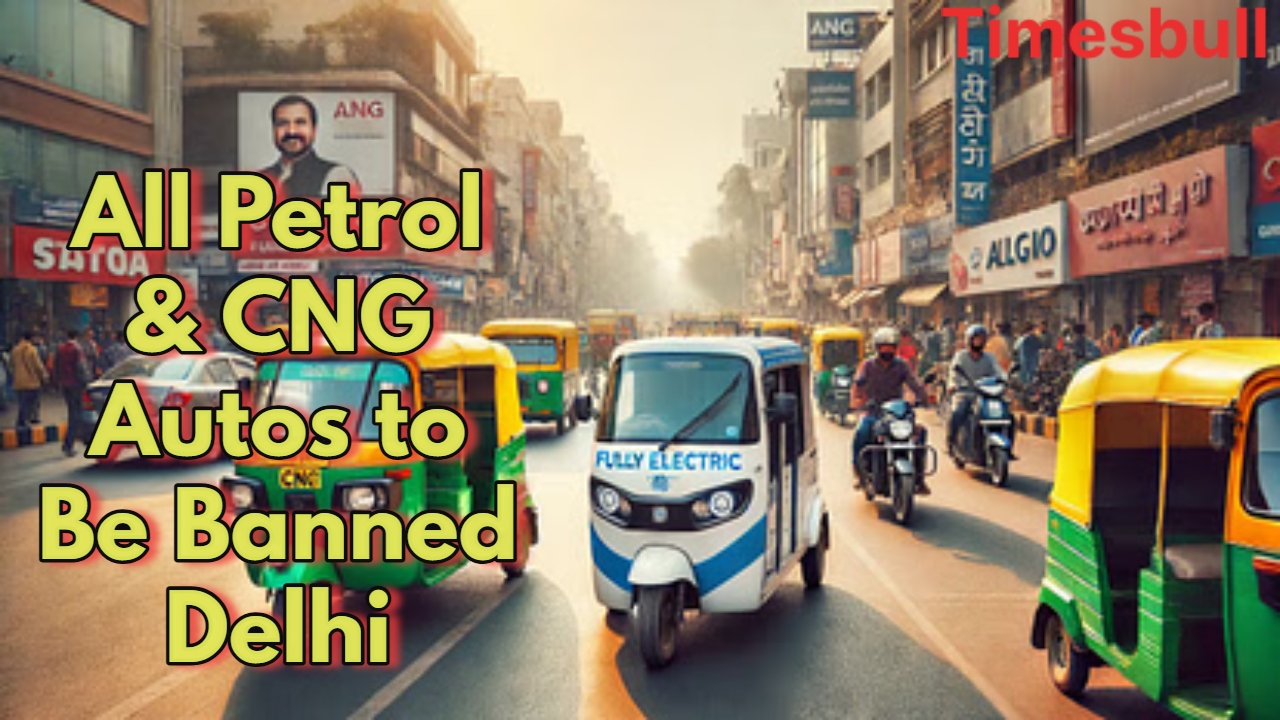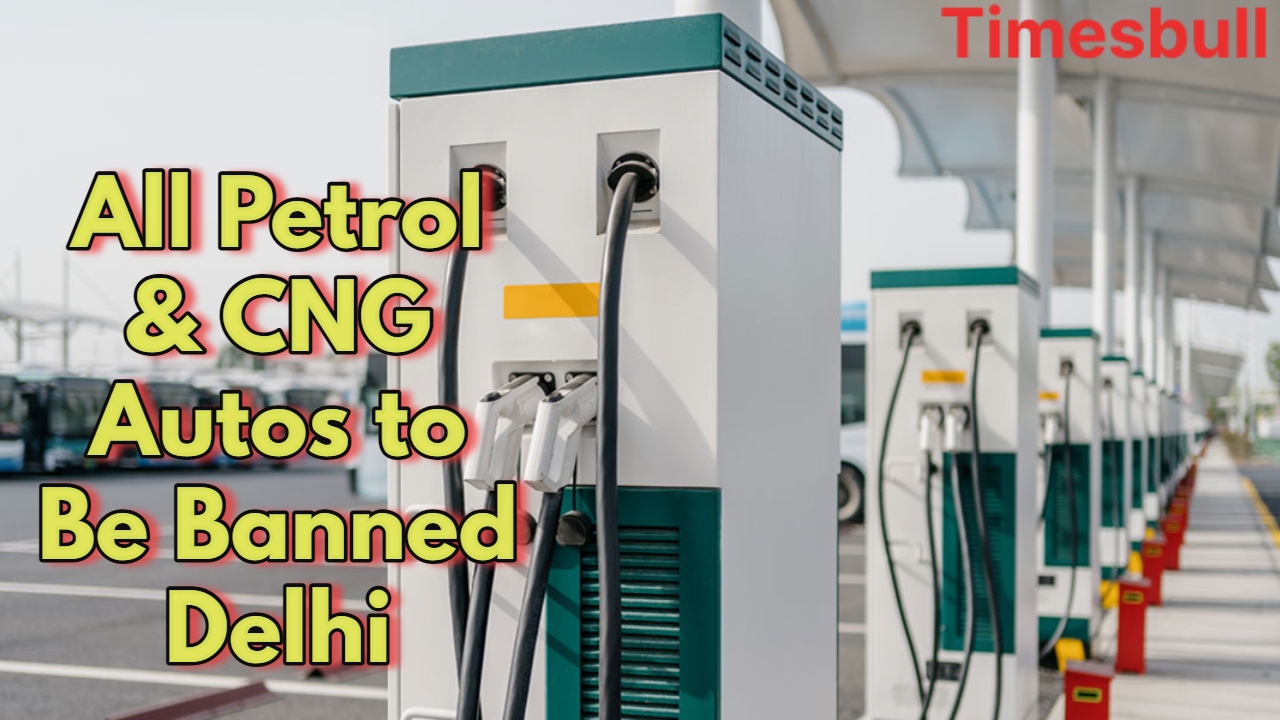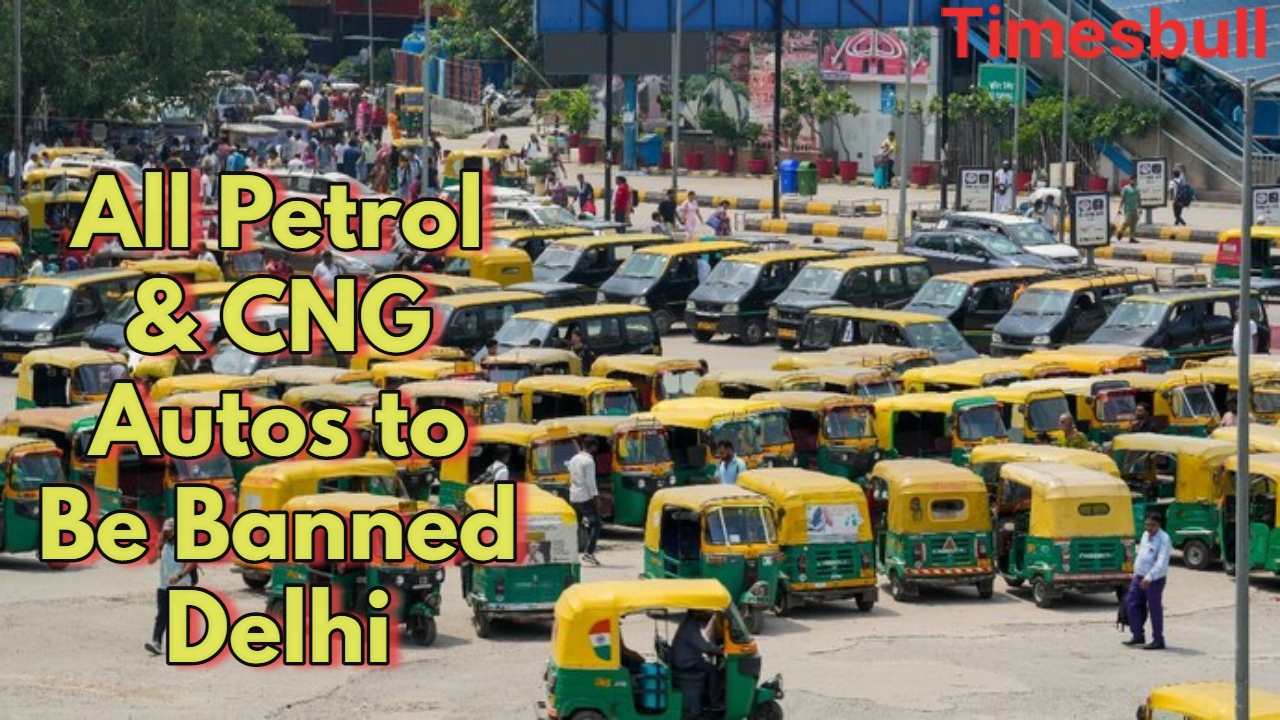A big step against pollution in Delhi. Chief Minister Rekha Gupta may announce the EV 2.0 policy today (Tuesday, April 15), which promises to bring a revolution on the roads of Delhi. Under this policy, many big changes will be seen, from curbing petrol and CNG vehicles to promoting electric vehicles.
Electric revolution on Delhi roads
The Delhi government’s EV 2.0 policy is an important step to tackle pollution and promote electric vehicles. Under this policy, new registration of petrol, diesel and CNG-powered three-wheelers will be stopped in Delhi from August 15, 2025. It will be mandatory to convert CNG autos older than 10 years into electric. Apart from this, if a person has 2 petrol or diesel cars in his name, then the third car will be registered only as an electric vehicle.

Electrification of government vehicles
Under the new EV 2.0 policy of the Delhi government, all vehicles of Delhi Municipal Corporation, NDMC and Jal Board will be mandatory to be fully electric by December 2027.
Charging facility every 5 km
Under the EV 2.0 policy, the number of EV charging stations and battery swapping centers will be increased in Delhi, so that charging facilities can be made accessible. Currently, there are a total of 1919 electric charging stations, 2452 charging points, and 232 battery swapping centers in Delhi. The policy proposes to set up 13,200 public charging points in the capital so that a charging station is available within every 5 km radius.
Subsidy for women and men
Under this policy, the first 10,000 women will get a subsidy of up to Rs 36,000 on the purchase of electric two-wheelers, at the rate of Rs 12,000 per kilowatt hour. At the same time, the rest of Delhi can get a subsidy of up to Rs 30,000 on the purchase of a two-wheeler EV at the rate of Rs 10,000 per kilowatt hour by 2030.

A subsidy of up to Rs 45,000 will be given on the purchase of electric auto (L5M category) and Rs 75,000 on the purchase of four-wheeler electric commercial vehicles. Four-wheelers can get a subsidy of up to Rs 1.5 lakh, with a maximum price of up to Rs 20 lakh.
If a person scraps his petrol or diesel two-wheeler (scooter/bike) less than 12 years old, the government will give him an additional Rs 10,000 on the purchase of EV. The policy also stipulates that by the year 2027, 95% of new vehicles registered in Delhi should be electric, and a target has been set to increase this number to 98% by the year 2030.
